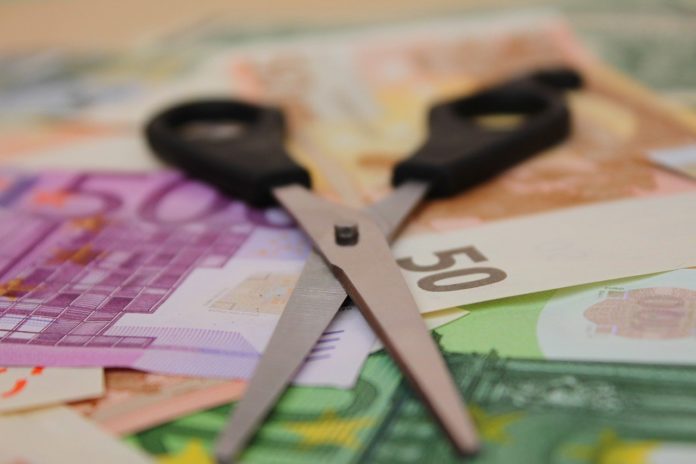Tensions are running high in the Middle East after the killing of the Iranian General by US and this is directly impacting the global market, rates of currency because fuel, especially crude oil remains as of the major consumer product of nations worldwide for energy. Analysts have told that the rising crude oil prices due to escalating tensions between the US and Iran has fuelled fears of conflict in the Middle East which has impacted the currency. The dollar index which measures the greenback’s strength against a basket of six currencies, fell 0.28 per cent to 96.56.
On Monday, after plummeting down by 13 paisa from its previous₹71.83 close, the rupee ended at ₹71.93, which marked the third day in a row when the rupee has moved lower against the dollar, a period in which it has lost altogether 71 paisa against the greenback. Owing to the growing geopolitical tensions analysts of finance expect some pressure on the rupee to continue against the greenback in the forthcoming term. Prices of Crude oil and petroleum maintained their hike on Monday, with Brent futures, the global benchmark, crossing the $70 a barrel mark. If Tehran carries out any attack against America to avenge the killing of Soleimani, a “major retaliation” could be faced by Iran with strikes its cultural sites, warned US President Trump. The escalating tensions in Middle East have the analysts worried over oil supply. This surge in oil prices have had a harsh reaction on the domestic market with the S&P BSE Sensex index declining 787.98 points – or 1.90 per cent – to end at 40,676.63, which has been its worst single-day fall since July 8.
Going further, it is expected that the Rupee will continue to fall, which will further affect and already suffering economy.














